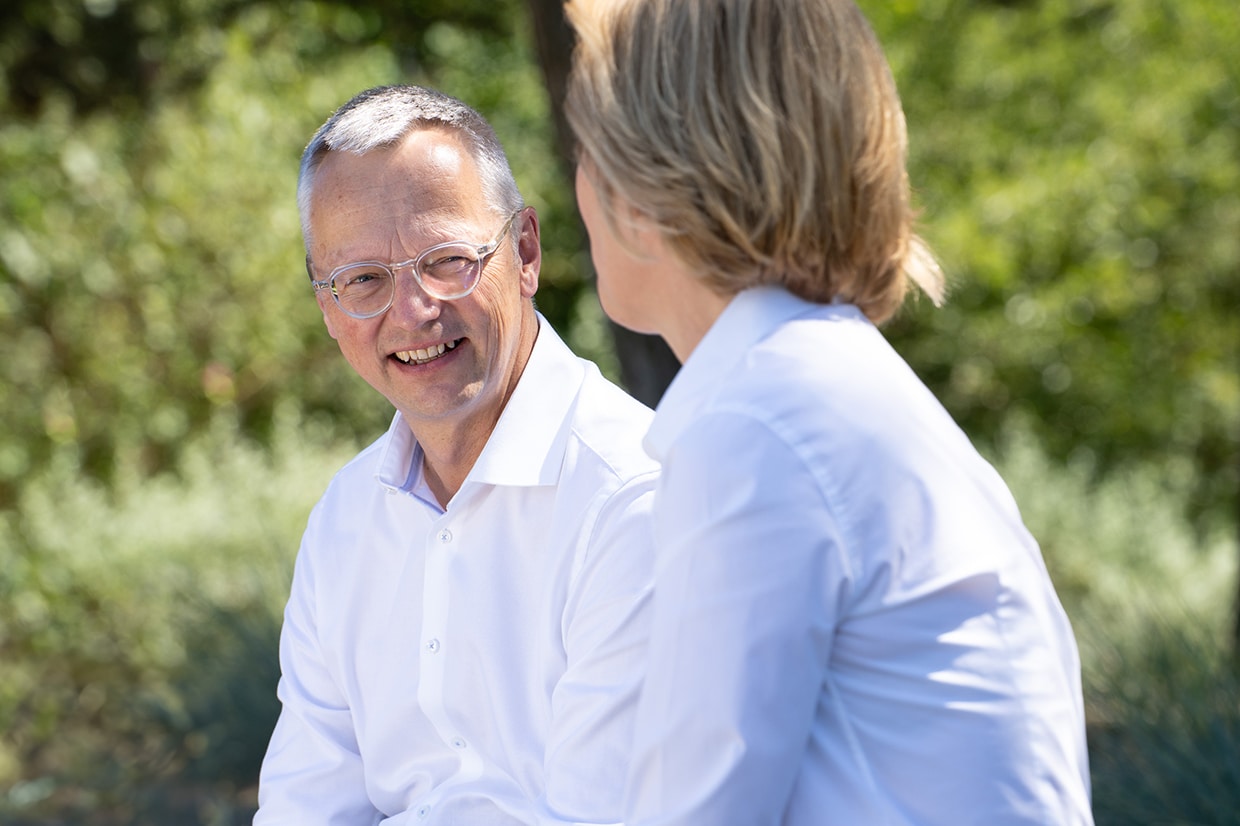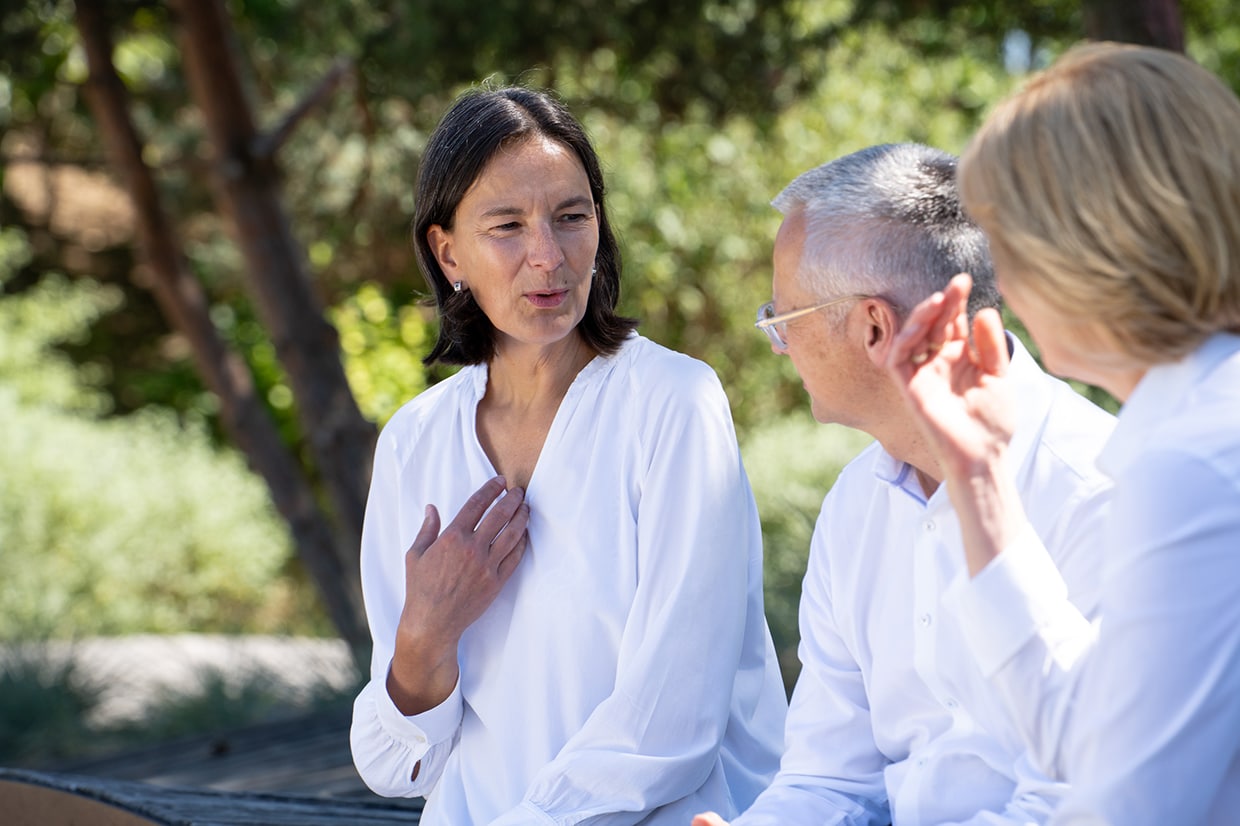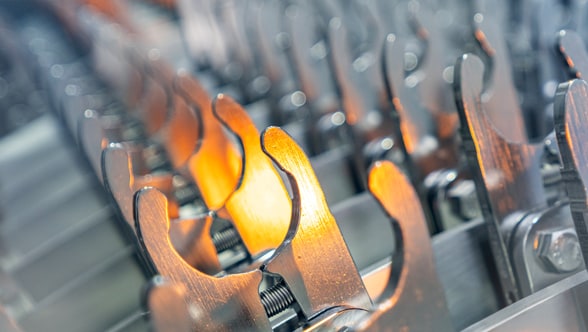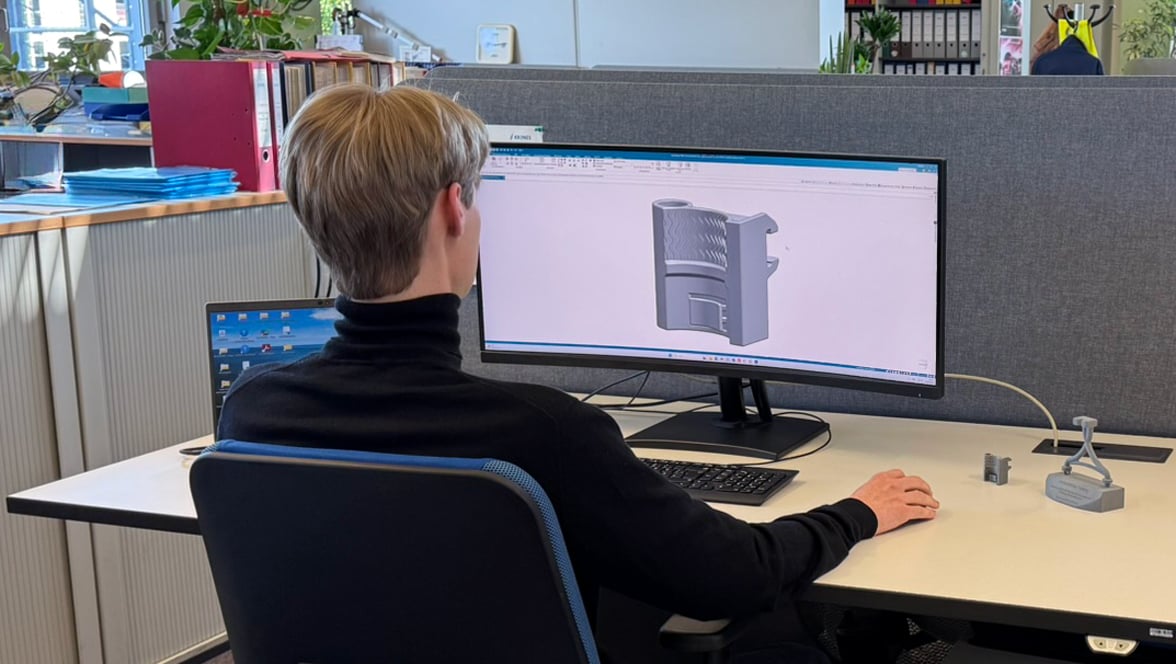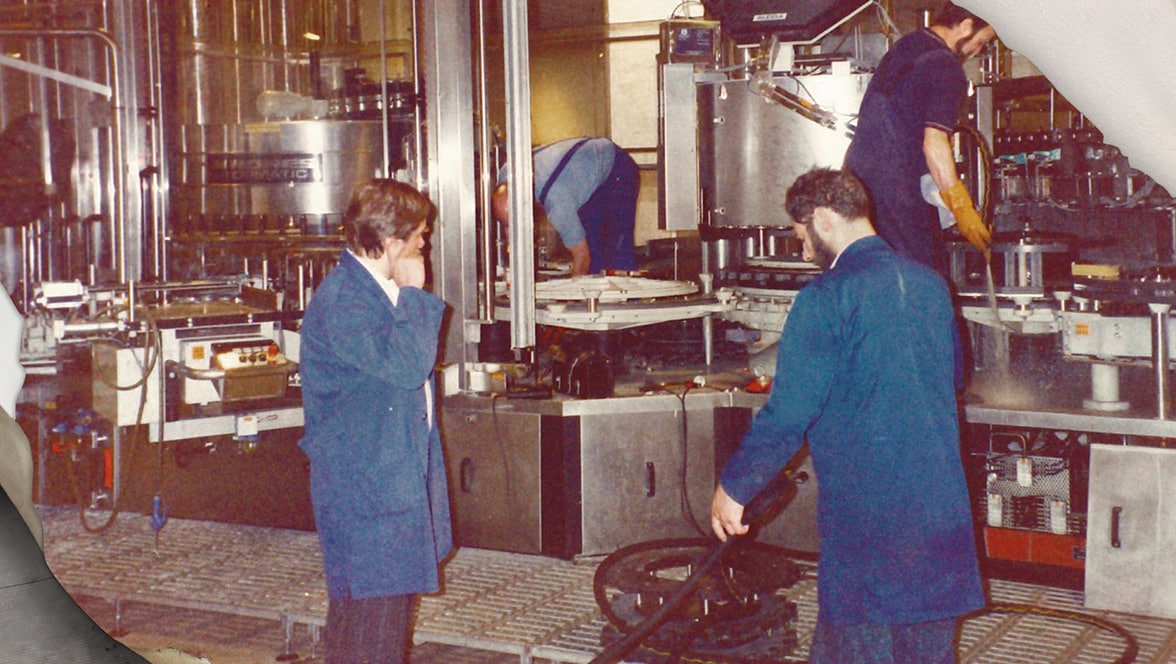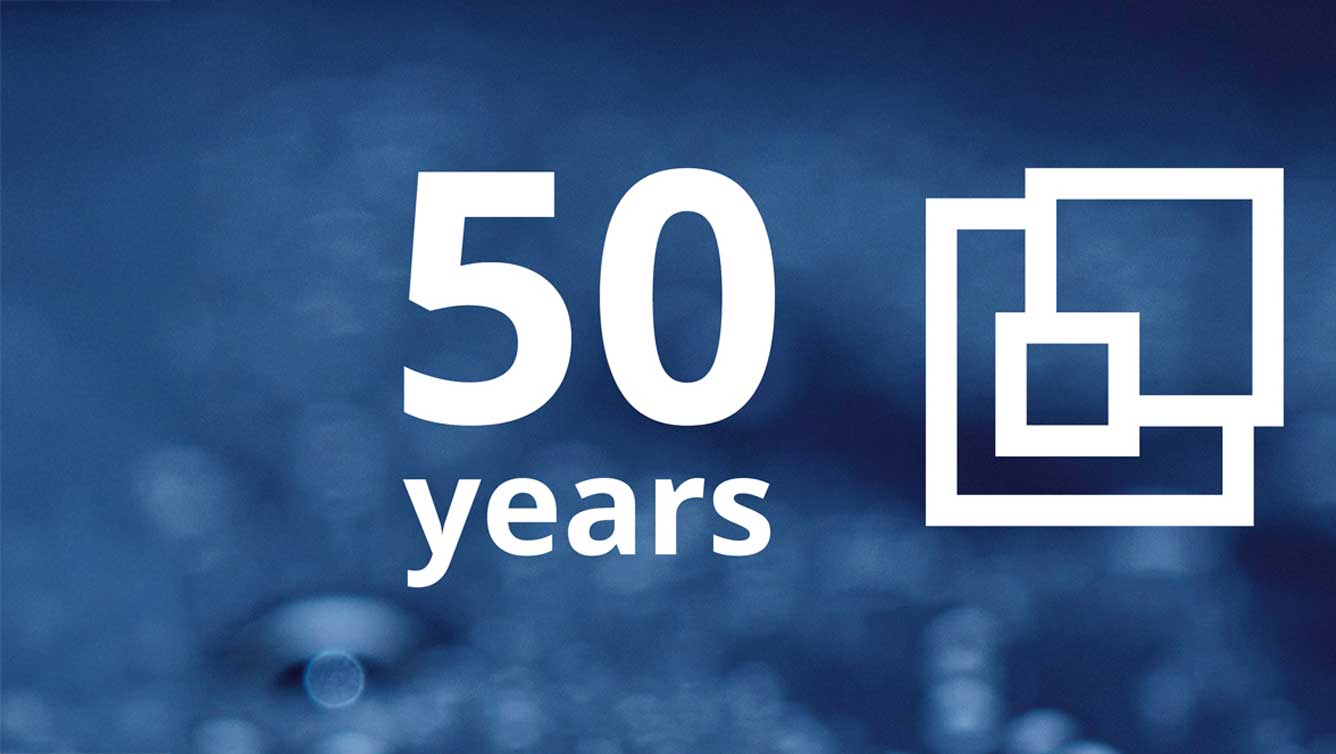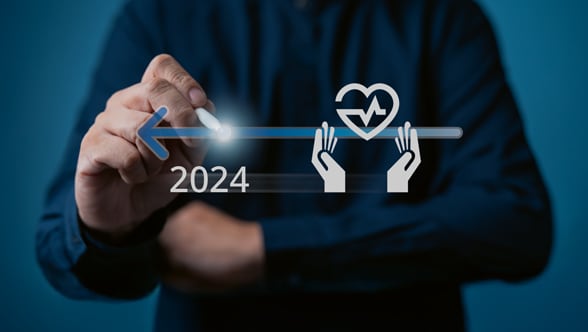Will we have to say goodbye to some products in favor of climate goals? If so, which?
Birk: That’s a difficult question. Let's take, for example, the comparison between hotfill and aseptic lines. In my eyes everything speaks in favor of the aseptic system: It consumes less energy, and I can use it to fill bottles that are lighter and made of rPET. So why should we offer hotfill at all? With the aseptic system, we have an alternative that is better in every respect. Even so, what do we do with customers who – for whatever reason – don’t want to or are unable to switch over to an aseptic system? Do we send them to our competitors, to a solution that will inevitably be less sustainable than ours?

